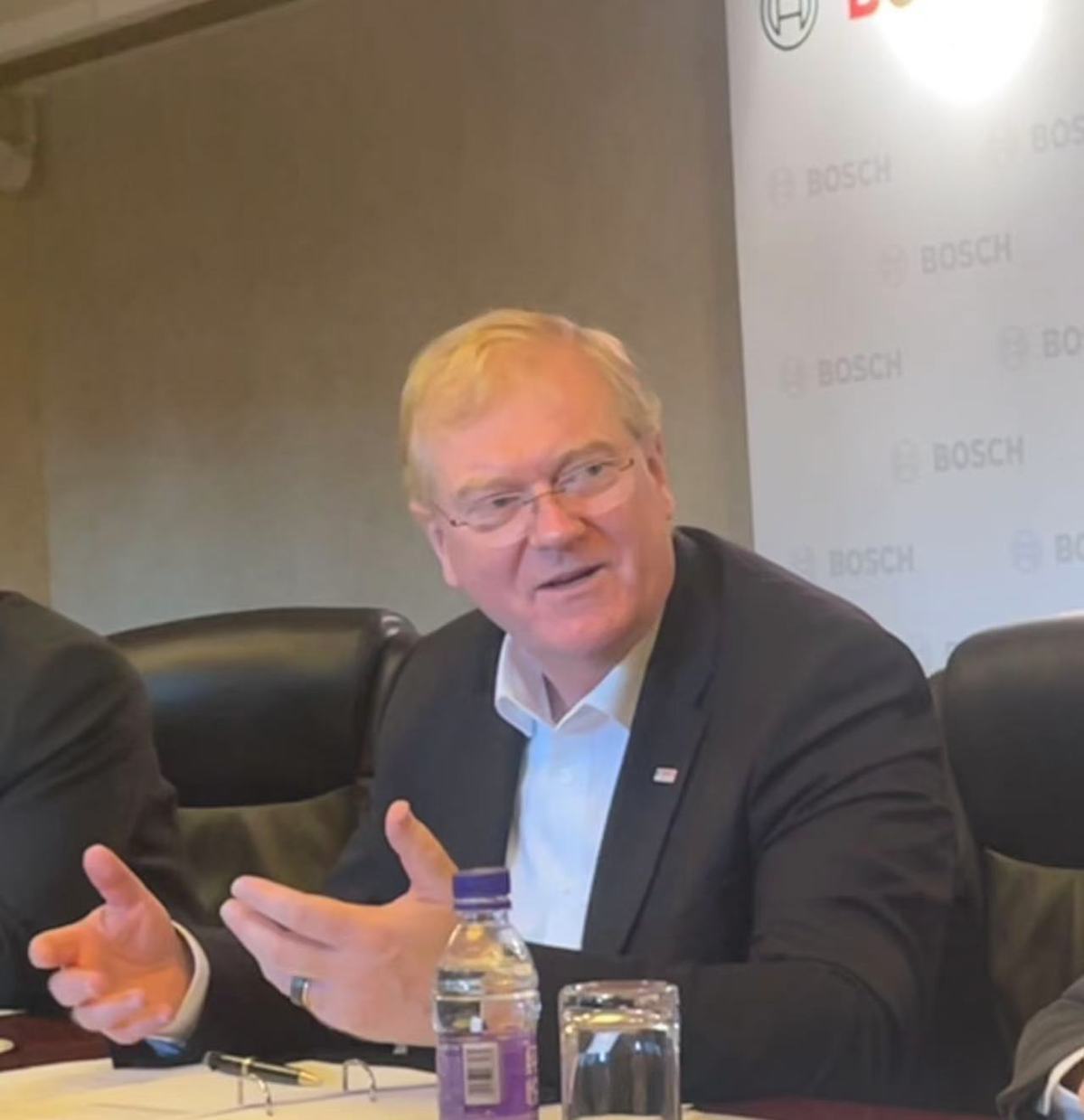Bosch opens two NEV-related plants

German auto parts supplier, Bosch, inaugurated two new plants in China last week to meet the growing demand for key components in the new energy vehicle sector, underscoring its commitment to investment and optimism about prospects in the country.
Stefan Hartung, chairman of the board of management of Robert Bosch, visited China last week to celebrate the opening of the new plants. He said: "China is a vital market and a key innovation hub for Bosch. We remain committed to our local investments and fostering growth in the country through technological innovation."
Despite factory closures and layoffs in European markets, Hartung said that during the transition toward electrification, Bosch noticed the different demands of regions and has made adjustments.
China is a highly innovative market where next-generation products frequently emerge. With strong consumer demand for technological features, Bosch often first launches its new products for electrification and smart mobility in China, Hartung said.
He also pointed out the immense growth potential of China, driven by its large population. "China is changing fast and I will visit as much as possible to understand the market and strengthen connections with our clients and employees," Hartung said.
The two new plants were built to address the NEV needs of Chinese consumers. On Wednesday, Bosch's joint venture in China, United Automotive Electronic Systems, opened the third-phase plant of its Taicang subsidiary in Jiangsu province, in efforts to increase local production of the Bosch eAxle and electric motors.
Also known as the NEV powertrain project, the plant will produce the second-generation eAxle from 2025, featuring enhancements in efficiency, power density and functional integration.
The other facility is a new R&D and manufacturing base for NEV core components and automated driving, inaugurated on Thursday in Suzhou, Jiangsu province.
The base, covering an area of 300,000 square meters and with an investment of 7 billion yuan ($982 million) planned over the coming years, broke ground in March 2023 and is set to start production by October.
Bosch now operates 34 manufacturing sites and 26 technical centers in China, employing more than 10,000 R&D personnel.
To promote the transformation of commercial vehicles in China, Bosch will reorganize its commercial vehicle business within the mobility sector, effective of January 2025. The new structure will provide knowledge-based full-stack technology solutions, covering diverse powertrains and emerging areas such as intelligent chassis and advanced driving assistance systems.
Bosch Wuxi signed a strategic agreement with Wuxi National Hi-Tech Industrial Development Zone on Wednesday to develop a campus for future commercial vehicle technologies. This campus will serve as the China headquarters for Bosch's commercial vehicle business, focusing on R&D, product testing and sales.
"The global automotive industry is undergoing a rapid transition to electromobility. China has shown remarkable development in technological innovation and industrial supply chains," said Markus Heyn, member of the Bosch board of management and chairman of the Mobility business sector.
"Bosch aims to swiftly capitalize on these opportunities by focusing on technological innovation and sustainable development, delivering future-oriented green mobility solutions tailored for the Chinese market," he added.

